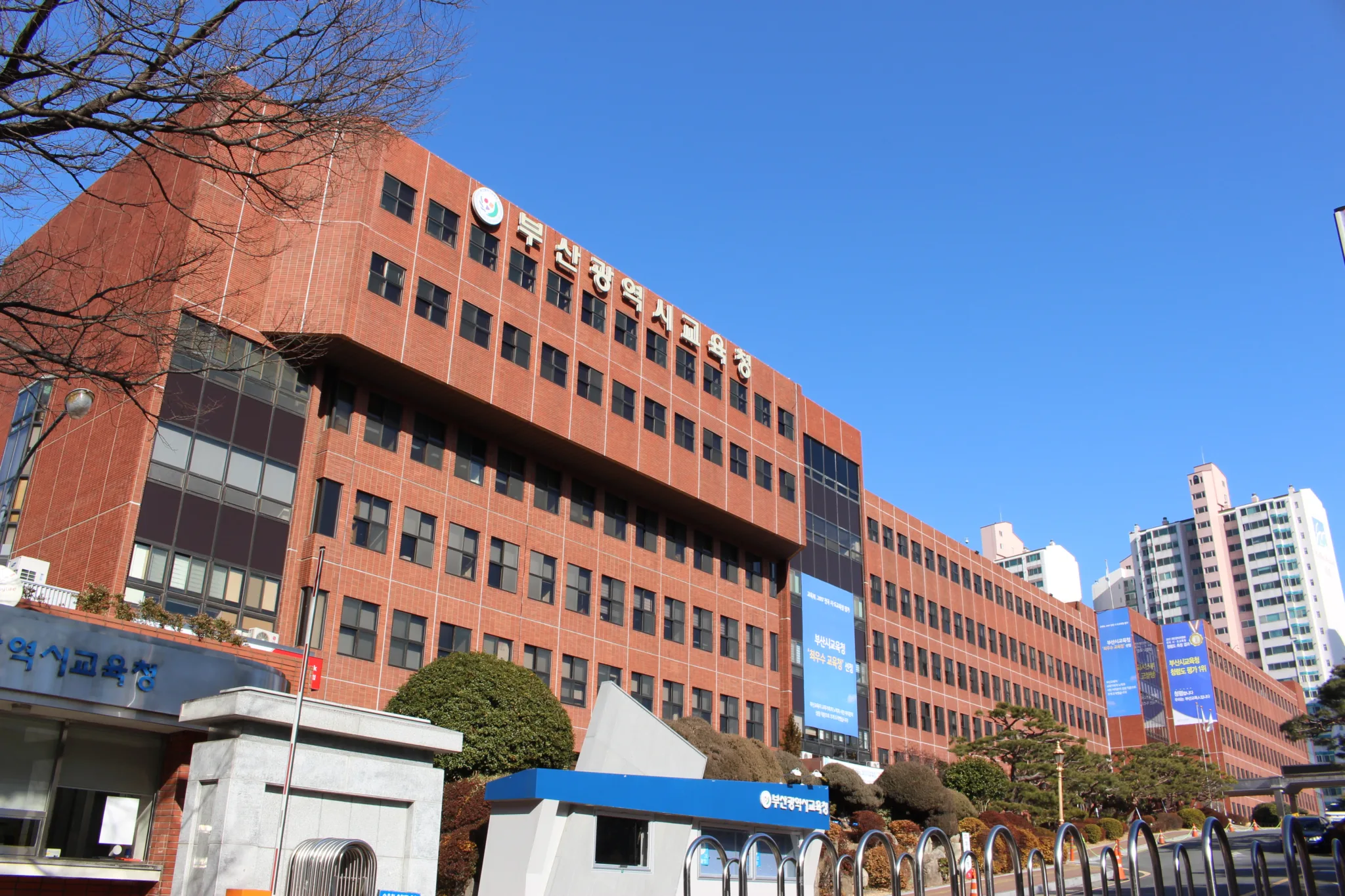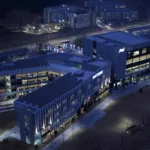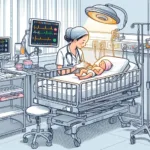Busan Metropolitan City has been officially designated as a pilot area for the Education Development Special Zone, a collaborative project between the Busan Metropolitan City Education Office and the city of Busan, under the auspices of South Korea’s Ministry of Education. This announcement was made on February 28 by the Presidential Committee for Decentralization and Balanced Development and the Ministry of Education, placing Busan alongside five other metropolitan cities in a pioneering move toward educational reform.
The initiative is designed to foster a holistic educational model that spans from early childhood care to secondary and higher education, emphasizing the role of local governments, educational bodies, and community stakeholders in delivering education that aligns with the needs and expectations of local communities.
Busan’s application, jointly submitted with the Mayor of Busan Metropolitan City, included a comprehensive plan ready for implementation. The proposal outlined several forward-thinking projects aimed at enhancing the educational experience at various stages of student life. These include the development of a Busan-specific integrated care and learning model, educational programs tailored to different learning stages, vocational education reform linked to local industrial needs, character education programs, digital classroom innovations, and initiatives to boost global competencies.
The designation of Busan in the initial round of pilot area selections underscores the city’s dedication to enhancing accessible childcare and educational prospects. It comes as part of a broader selection process that saw 31 proposals from six metropolitan and 43 municipal governments, chosen from a total of 40 submissions. The designated areas, which also include Daegu, Gwangju, Daejeon, Ulsan, and Jeju, are set for a three-year pilot operation, after which they will be reviewed for formal establishment as Education Development Special Zones.
Busan’s proposal goes beyond childcare to include initiatives such as a joint educational program for kindergartens and daycare centers, support for meal subsidies, a collegiate credit system for specialized studies, pathways for early career entry through specialized high schools and colleges, a support platform for foreign students’ employment linked with local industries, and the operation of a ‘Busan-type Global Campus’ in collaboration with premier international universities to meet regional industry requirements.
After the initial three-year pilot phase, the performance of these areas will be evaluated by the Education Development Special Zone Committee. This assessment will determine their eligibility for formal recognition as Education Development Special Zones, ensuring ongoing support and improvement based on their achievements. This effort represents a significant stride towards melding educational initiatives with local governance, directed by an expert panel on educational and regional policies, and concluded by the Minister of Education through a comprehensive review and approval process.



